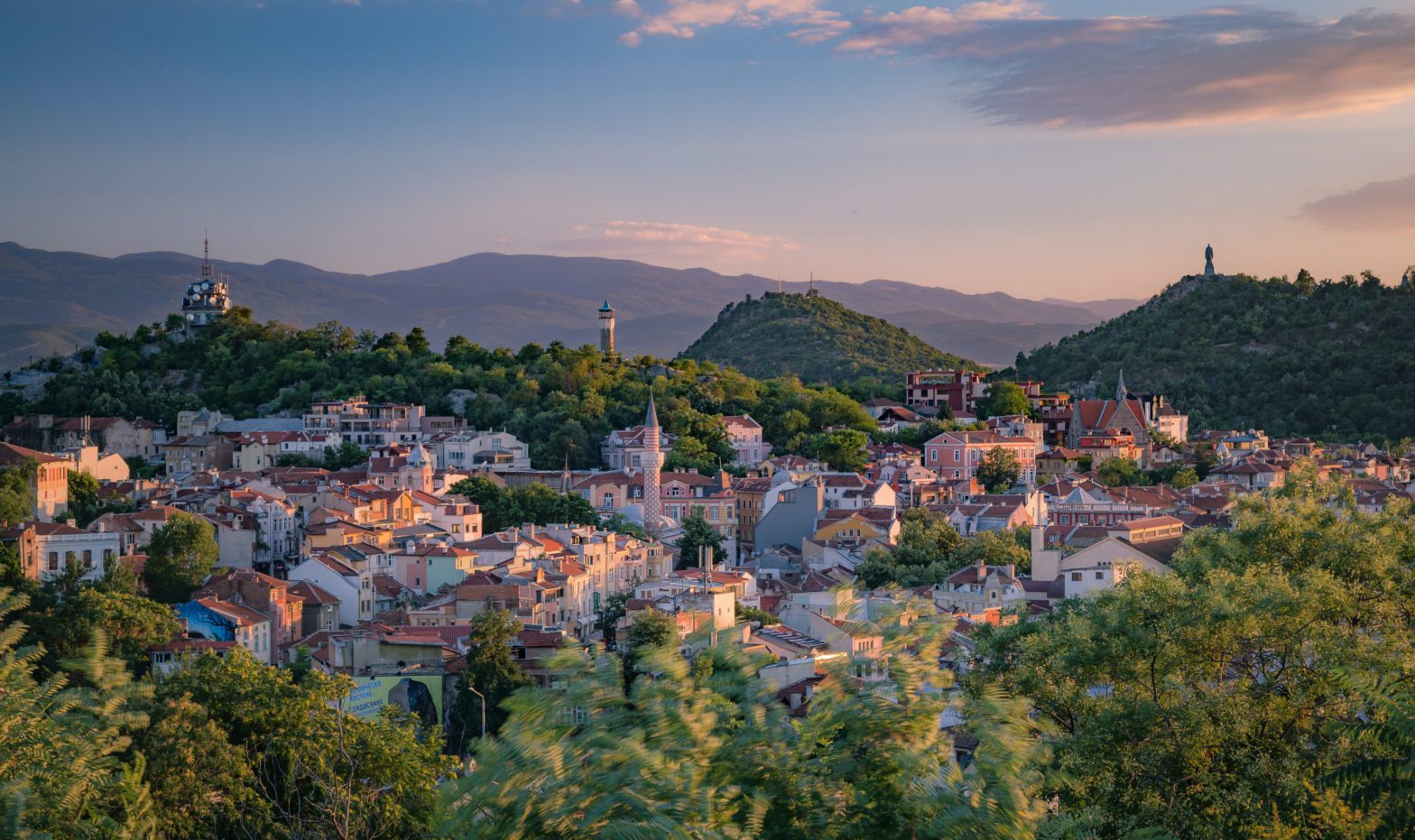Gaining the nationality of a country in exchange for a significant financial investment in it, this is what many countries in the European Union still offer in an attempt to get rich. A practice that does not greatly please the European Commission. Bulgaria has recently decided to retreat from this practice.
Expatriating to Bulgaria for a few hundred thousand euros is still a way to obtain Bulgarian nationality, but not for much longer! Two months ago, on 12 January, a bill was tabled to abolish this controversial scheme. According to Prime Minister Kiril Petkov’s office, the value of golden passports had not been proven, concluding that there was “a lack of real investment in the economy, likely to lead to job creation”.
Since 2009, this system has allowed access to a residence permit in exchange for an investment of more than one million lev (€500,000) in the country. After five years, the foreigner was granted citizenship. This period was shortened to two years, thanks to the “fast track” law, doubling the stake.
However, among the hundred or so foreigners who received citizenship (40% of whom were Russians), nearly 86% did not make any tangible investment in the country. Depositing money in the bank, buying and reselling public securities quickly, the gains for the country have not been sufficient.
The latest target for the European Commission is Malta, which has issued between 2,500 and 3,000 passports since its creation. According to the Luxembourg-based institution, “golden passports” present several serious security risks and should be regulated and levied at European level.
Another continuing scheme is the golden residence scheme. These schemes provide a visa in exchange for investment in the country. Around eight countries in the EU use them, including Spain, Greece and Bulgaria.
Expatriation to Bulgaria favoured to raise living standards
Even though Bulgaria and the Balkan countries in general have a negative demographic profile, as Ouest-France reports (11% of the population), long-term expatriation to Bulgaria is popular among our senior citizens!
With pensions taxed at 10% and a cost of living 30 to 40% lower than in Western European countries, this is worth considering. European retirees who choose Sofia for their rest will notice the price difference with their country of origin, especially on basic foodstuffs, restaurant menus and transport. The same applies to communications, clothing, recreation and sports, and property rentals.
To take advantage of the country’s attractive tax system, you need to:
- have a permanent address in Bulgaria
- have economic interests and bank accounts in Bulgaria;
- stay in Bulgaria for more than 183 days during the tax year.
Bulgaria has several tourist destinations such as its Black Sea and ski resorts, which are cheaper than their European competitors.
Among the best places to settle permanently, retirees prefer Sofia, the capital city, for its great architectural wealth, openness and hospitality. Others favour the waves and the calm, far from city life, and prefer Varna, the city on the sea front and for its varied colours. Another option is Plovdiv, the European capital of culture in 2019 and a real historical jewel between modernity and antiquity!
With the renunciation of the Balkan country’s “golden visa” system, you will need a Type D visa to consider a long-term expatriation to Bulgaria.
The only problem in the country is its poor reputation in terms of health care, where high-level medical equipment is mainly centralised in Sofia.
Fortunately, Foyer Global Health has everything in place for your international health cover in Bulgaria. Among our competitive benefits, our health insurance covers your everyday health expenses (GP and specialist visits, outpatient treatment) and more expensive or unexpected medical expenses (hospitalisation, major dental treatment). And if you do catch Covid-19, our health insurance for expatriates in Bulgaria will cover you in full. You can also read our guides to expatriation to prepare your move.


